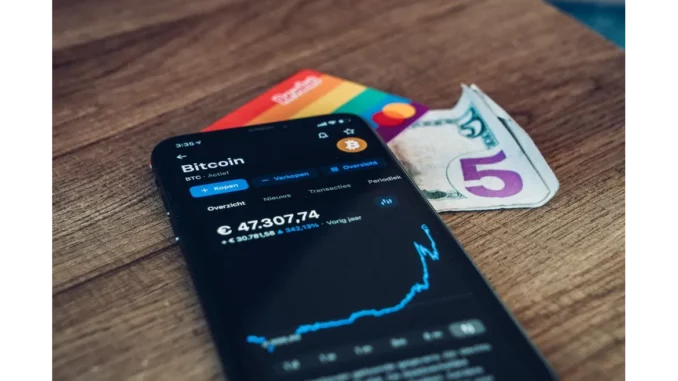
As the sun dipped below the horizon, casting an amber glow over Puntarenas, Costa Rica, a serene evening quickly spiraled into a harrowing ordeal for a group of Israeli tourists. On August 10th, 2024, what began as an idyllic holiday turned into a high-stakes robbery, leaving eleven Israeli vacationers bereft of $700,000 worth of Bitcoin. This brazen act has sparked a wider conversation about the security of digital currencies and the safety of renowned tourist destinations.
In an effort to delve deeper into the incident and its broader implications, I engaged with Michael Cohen, a seasoned cybersecurity expert. Cohen has been closely monitoring the aftermath of this audacious heist, providing a unique perspective on the ramifications for both the cryptocurrency sphere and the global travel industry.
“When I first heard about the robbery, I was in disbelief,” Michael recounted, his expression a mix of incredulity and concern. “Having worked in cybersecurity for over a decade, I’ve encountered numerous cyber thefts, but this incident stood out for its sheer boldness.”
The Israeli tourists were enjoying a social evening in Puntarenas, a city celebrated for its scenic beaches and lively tourist culture. “They were in high spirits, completely oblivious to the impending danger,” Michael continued. “Unbeknownst to them, a group of eight armed men had meticulously orchestrated a plan to rob them.”
The heist unfolded with chilling precision. “Eyewitnesses described how the attackers subdued the security guard within seconds. It was reminiscent of a meticulously planned heist movie,” Michael noted, shaking his head in disbelief. “The robbers had a clear objective—the tourists’ digital wallets containing Bitcoin.”
This incident highlights the inherent risks associated with carrying substantial amounts of cryptocurrency, particularly in unfamiliar locales. “Digital currencies like Bitcoin are decentralized and notoriously difficult to trace, which unfortunately makes them attractive targets for criminal activity,” Michael explained. “Once these assets are transferred, they are almost impossible to recover.”
He further elaborated, “Many individuals remain unaware of the necessary precautions to safeguard their digital assets, making them vulnerable to increasingly sophisticated cybercriminals.”
Local authorities have initiated an investigation, yet progress has been painstakingly slow. “The robbers executed their plan with remarkable efficiency, leaving little evidence behind,” Michael remarked. “Surveillance footage suggests they might be current or former police officers, adding a layer of complexity to the investigation.”
Despite the concerted efforts of Costa Rican law enforcement, the stolen Bitcoin remains unrecovered. “This event serves as a stark reminder that while digital currencies offer numerous advantages, they also pose significant risks,” Michael cautioned.
The ripple effects of this heist have reverberated through Costa Rica’s tourism sector, a country renowned for its natural beauty and hospitable residents. “Such an incident could have enduring repercussions,” Michael mused. “Tourists seek safety, and news of a high-profile robbery can deter potential visitors.”
In response, local tourist authorities are working fervently to reassure both current and prospective tourists. “They’ve ramped up police presence in popular tourist spots and initiated educational campaigns on cryptocurrency security,” Michael observed. “While these measures are a step in the right direction, only time will reveal their efficacy in restoring confidence.”
As our conversation drew to a close, Michael offered prudent advice for travelers. “The landscape is evolving, and so are criminal tactics. Travelers with digital assets must exercise heightened caution. Utilize secure digital wallets, enable two-factor authentication, and never disclose your private keys.”
He emphasized, “Stay informed about the security protocols at your destination. In today’s digital age, it’s better to err on the side of caution.”
The Costa Rica heist underscores the vulnerabilities inherent in the digital age. While Bitcoin and other cryptocurrencies offer unparalleled convenience and growth potential, they also attract unscrupulous elements. Michael Cohen’s insights illuminate the necessity of vigilance, awareness, and caution in navigating this brave new world. As digital currencies continue to permeate our lives, the imperative to safeguard these assets becomes ever more critical.

Be the first to comment